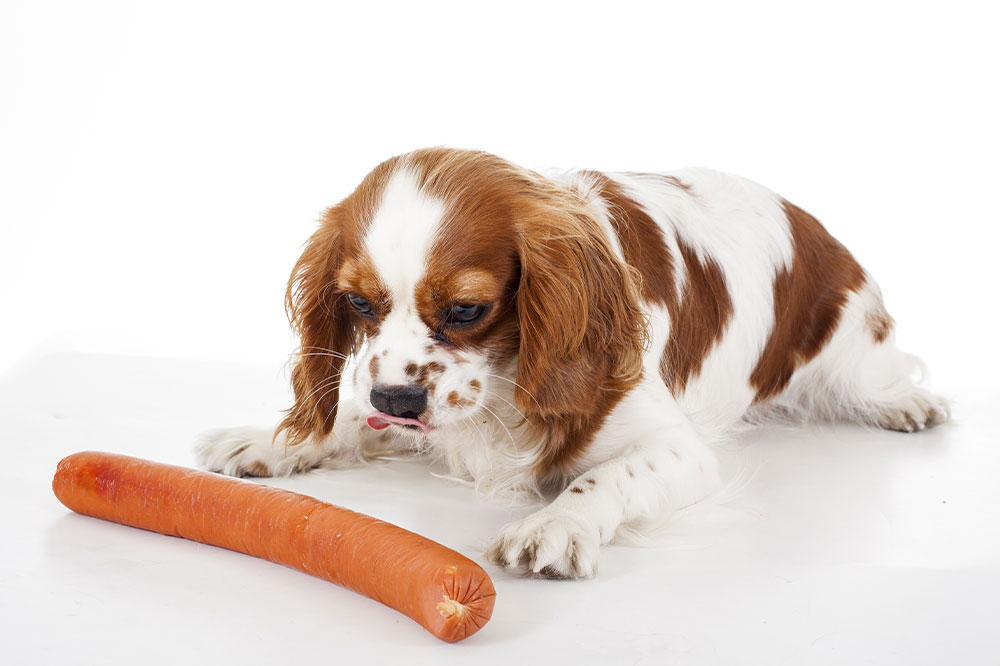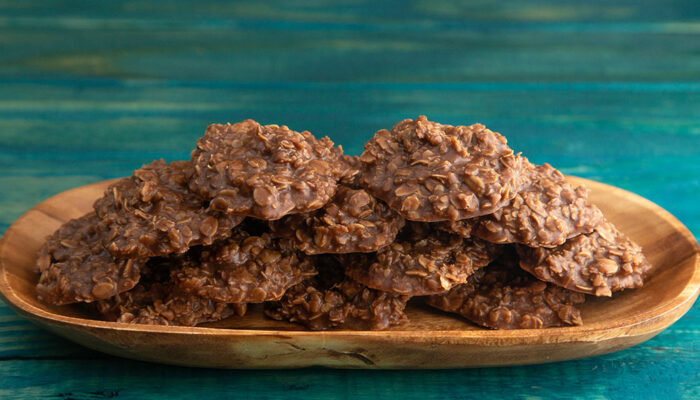
3 Effective Ways to Treat Food Allergies in Dogs
Like humans are allergic to different foods, dogs can be allergic to some of the foods they eat. However, unlike in humans, allergies do not get better in dogs; they do not outgrow them. So the next time you find your dog licking, chewing, biting, or scratching excessively, he or she may have allergies. Here are three ways you can treat dog food allergies.
1. What are Dog-f ood Allergies?
Allergies are a safeguarding response by your dog’s immune system to foods that are usually harmless. The immune system mistakenly fights against foods that it considers a threat and produces antibodies to protect your dog. Exposure to a perceived allergen triggers the release of histamines, but ironically, too much of it can cause discomfort.
2. Who’s Affected by Dog-food Allergies?
Irrespective of age, size, and breed, all dogs are susceptible to food allergies. Sometimes they even inherit allergies from their parents. And when they are exposed to the same foods, parent dogs and puppies may exhibit identical allergic reactions towards them. Also, older and sickly dogs who already have a compromised immune system might have more food allergies than healthy, younger ones.
3. Dog-food Allergy Treatment
There is no clinical testing method that reveals food allergies in dogs. An elimination diet is perhaps the only sure way to identify food allergies in your pets. It is the gold standard of food allergy testing. For that, you stop feeding your pet all his current foods and feed him a hypoallergenic diet. Ideally, you should do this for 8-12 weeks to clearly see if it is indeed a food allergy your dog is suffering from. Gradually, as you start re-introducing foods into his/her diet, one at a time, you will be able to clearly identify the various causes of the allergies.
A hypoallergenic diet can either be a limited ingredient meal with a novel protein source or a hydrolyzed prescription diet specially formulated for dogs with food allergies. But your pets require a balanced diet to remain healthy. For this, introduce new, uncommon sources of proteins or carbohydrates in their diet. Moreover, your veterinarian might suggest you introduce old foods slowly, one by one, and check to see if your dog’s allergy improves or worsens with each food item. Such a food trial will initially eliminate all foods, treats, and flavored medications. A hydrolyzed prescription diet refers to special lab formulated readymade dog food. The proteins are further broken down into tiny pieces, so they are not identifiable by your dog’s immune system as a threat.
You can add omega-3 and -6 fatty acid supplements and probiotics to your dog’s diet to help alleviate food allergies. Medicines like steroids and Apoquel may provide some relief for the allergic symptoms your dog suffers from.
Remember, there is no complete cure for food allergies. You can treat and manage them well with some medicines, supplements, and diet modifications. These treatments can keep your dog free from allergic symptoms, feeling comfortable and cheerful without itching or scratching.



